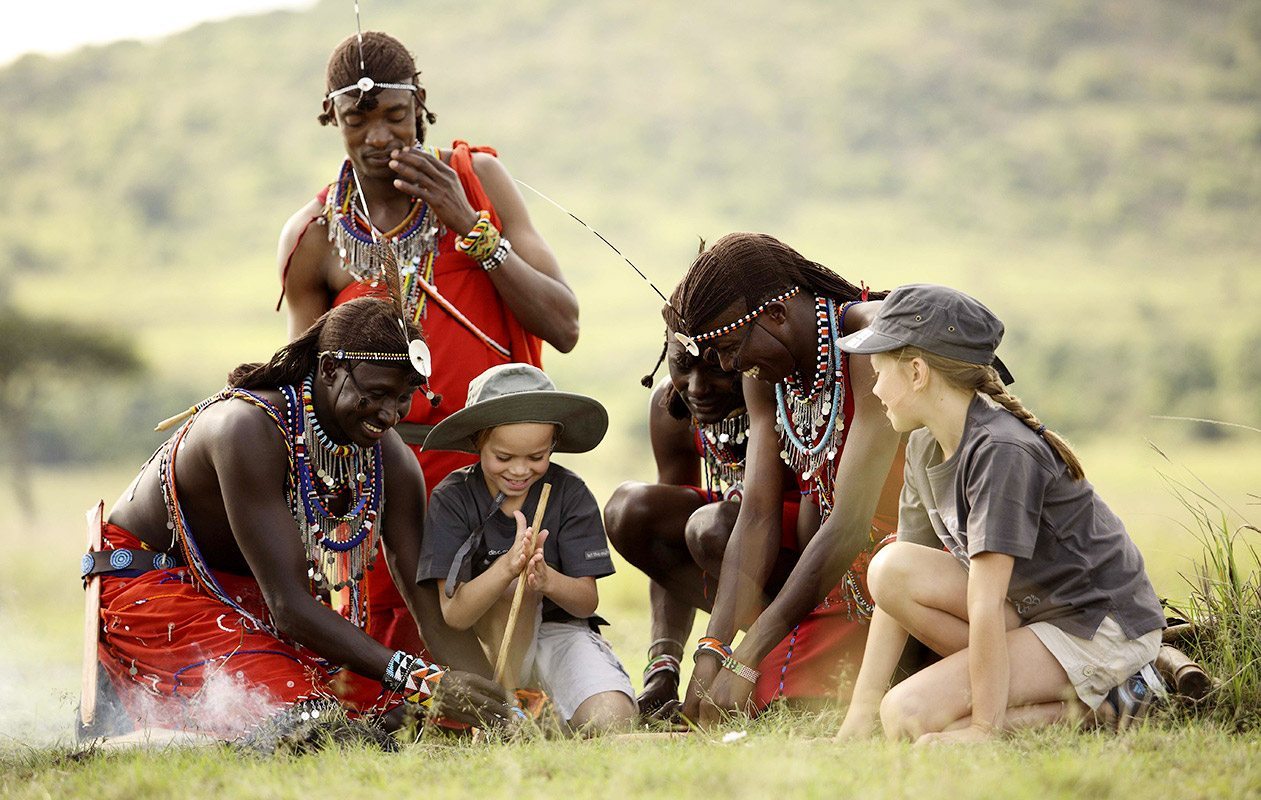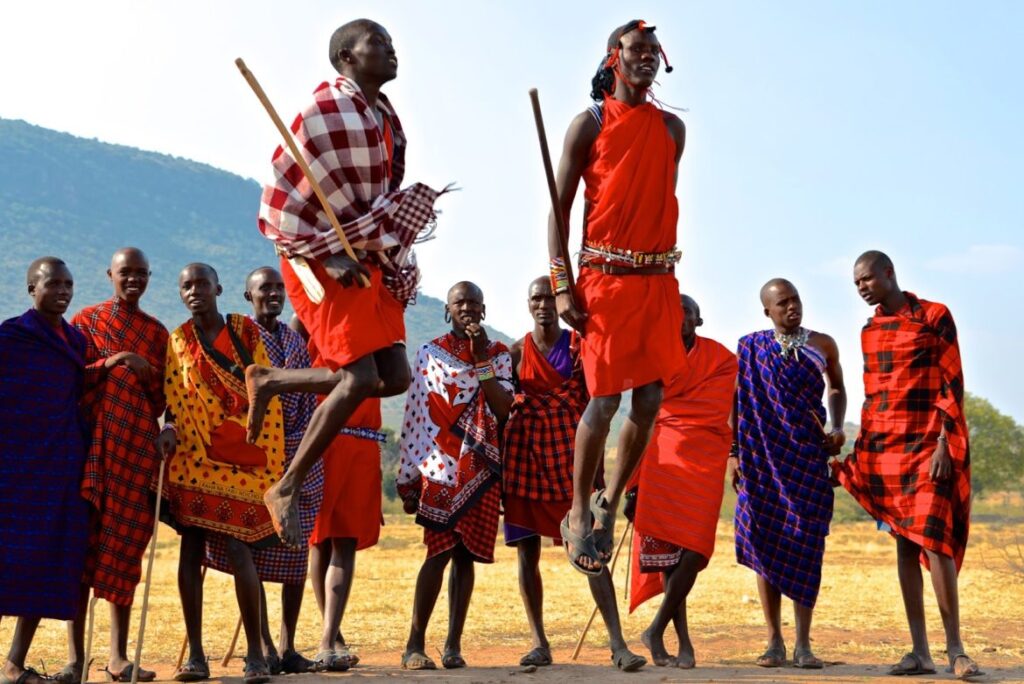What Makes a Cultural Safari Different from a Traditional Safari?

What Makes a Cultural Safari Different from a Traditional Safari?
When it comes to safaris, Tanzania is a bucket-list destination. But not all safaris are created equal. For those seeking a deeper, more enriching experience, a Cultural Safari offers something beyond the typical wildlife encounter. But what exactly makes a cultural safari different from a traditional safari? Let’s dive in.
1. Focus on People, Not Just Wildlife
A traditional safari often revolves around spotting iconic wildlife—think elephants, lions, giraffes, and zebras. While this is an awe-inspiring experience, a cultural safari goes beyond just observing animals. It focuses on connecting with local communities, learning about their traditions, and participating in their way of life. Whether it’s visiting a Maasai village or joining a traditional dance in the heart of a tribal community, the focus is on human connection as much as it is on nature.
2. Immersive Cultural Experiences
Traditional safaris offer wildlife viewing in national parks or reserves, but a cultural safari offers immersive experiences that let you actively engage with the local culture. You might spend the day helping a Maasai herder with cattle, cooking alongside a Hadzabe family, or exploring ancient traditions through storytelling and dance. It’s about understanding the people, their customs, and how they live in harmony with the land.
3. Deeper Understanding of Nature and Conservation
While both types of safaris promote wildlife conservation, a cultural safari often brings a more holistic understanding of how people interact with nature. You’ll see how local communities contribute to conservation efforts, from sustainable farming practices to protecting wildlife corridors. Instead of just visiting parks, you’ll gain insight into how the ecosystem is intertwined with the livelihood and traditions of the people living there.
At Traveller Best Select, we specialize in crafting safaris that go beyond the game drive. Book your cultural safari today and experience Tanzania like never before.
Travellers Best Select
4. Customized, Personal Experience
A traditional safari typically follows a set itinerary focused on game drives, often in larger groups. A cultural safari, however, is more personalized and allows you to tailor your experience based on your interests—whether it’s learning about local crafts, cooking traditional meals, or delving into spiritual rituals. The experience is slower-paced and more intimate, allowing time for reflection and connection.
5. Travel with a Purpose
Cultural safaris are about more than just sightseeing—they’re about traveling with intention. These experiences often include visits to community projects, schools, or sustainable farms that rely on tourism to support their local economy. Your travel contributes to social causes and empowers local communities. You’re not just observing; you’re participating in a journey that creates lasting impact.
6. A Balance of Nature and Culture
A traditional safari may only touch upon the natural world, while a cultural safari integrates both nature and human culture. These safaris explore the relationship between humans and wildlife, revealing how people live alongside animals in the same environment, share the same resources, and work together to preserve the land.
Conclusion: Why Choose a Cultural Safari?
While a traditional safari offers stunning wildlife encounters, a cultural safari provides a richer, more well-rounded experience. You’ll connect with the land and its people in ways that transcend the ordinary, creating memories that go far beyond what you could find in a guidebook.

Recent Posts
The True Meaning of “Beyond Tourism” in Tanzania
5 Reasons to Choose an Eco-Cultural Safari in Tanzania






